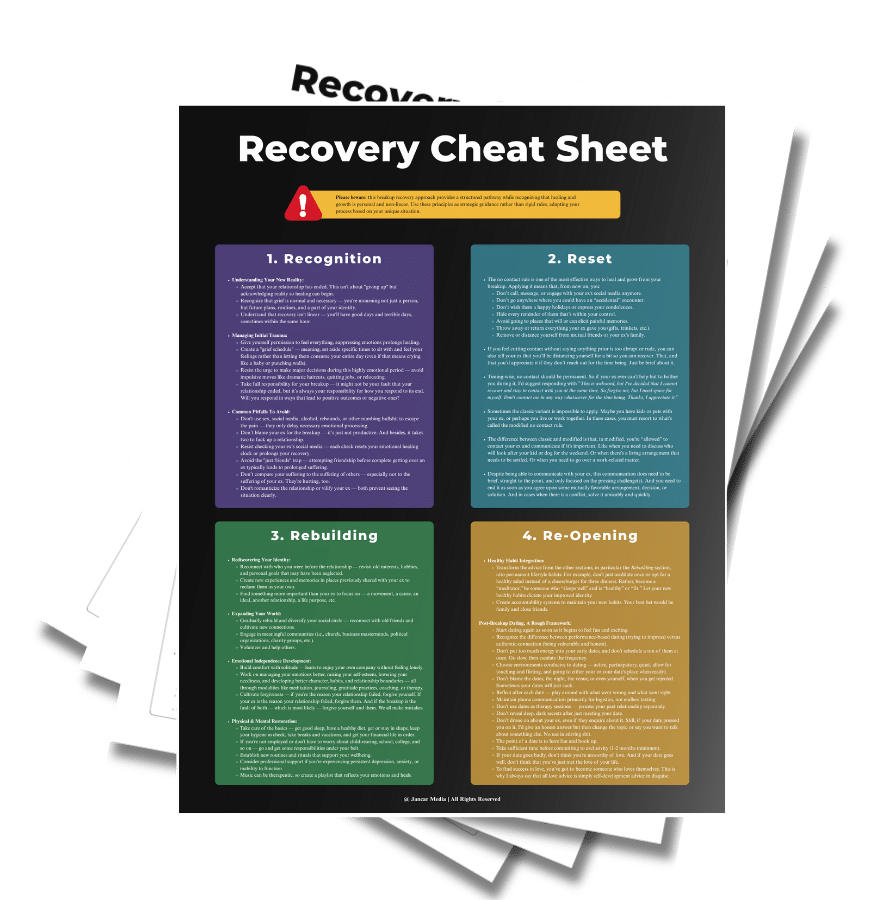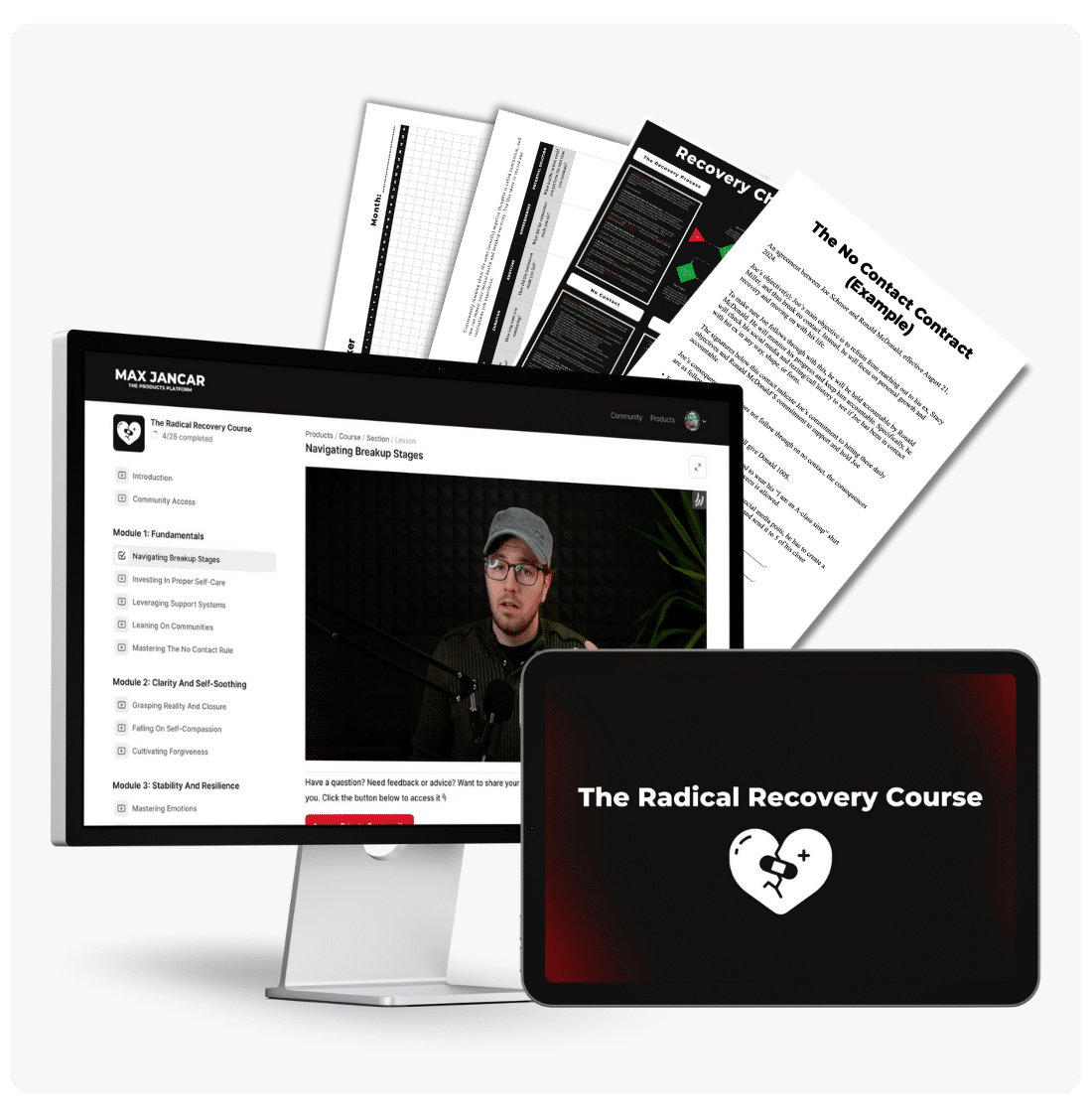Click play to listen to this article.
The 1920s shat out a polarizing individual. He was a gambler, whoremonger, cheater, abuser, thief, and a drunk. And while being a disgusting and repulsive man on the surface, he actually had more depth and character than most.
This man went on to create a litany of the most cynical, vulgar, and lewd pieces of writing ever produced. Yet, those same pieces were also secretly sensitive and, in my opinion, one of the most beautiful and touching things I’ve ever read.
Even 20 years after his death, this man is still revered as one of the most influential writers of the 20th century. There are websites, groups, and even underground cults dedicated to him and his work, most of which are still active.
Why is this man so popular? Is it because of his superb writing chops? Because he expressed ideas never expressed before? Because a famous publishing house stumbled upon his work?
No, no, and no.
For one, his writing isn’t good. He didn’t even edit most of it. His ideas were also nothing new. A lot of people expressed the same ones at the time. And his work was, for most of his life, ignored. It took the guy 30 years of consistent writing to get his first book deal.
What made this man so unforgettable was how he expressed his ideas — enshrined in stark realism, brutal honesty, and the rawest kind of vulnerability.
He not only knew he was a deadbeat and a failure at love and life, but he also accepted and embraced it — and then wrote about it unabashedly and without regret or resentment.
This man was Charles Bukowski. (1)
And if Bukowski could accept and embrace an entire array of colossal fuckups — the kind that can actually ruin a person’s life — and admit them to the world unflinchingly, you can accept one measly motherfucking breakup.
A guide to breakup recovery based on embracing discomfort, extracting wisdom from dark moments, and healing through evidence-based practices.
Order Your CopyA Reality Check
Don’t give me the whole spiel about how no one understands you, how the world is unfair, or how your situation is somehow different. Don’t play the victim. Don’t get defensive. Just shut the fuck up for a second. Seriously, relax. You’re okay.
Most people struggle to get over a breakup. Most people want to rekindle a dead relationship. Most people think everything they do sucks and that they’re screwed in life because the person they love dumped them. A ton of people get depressed and suicidal because of this. Everyone develops some sort of emotional issues in response to their breakup.
These things do suck, but they’re not new. And they’re certainly not unique and special, as most people assume. What’s even more amusing, however, is how many people think their breakup is a major life problem.
Are you fucking kidding me?
A divorce entailing kids and a house is a major life problem. Being broke and homeless is a major life problem. Becoming a cripple is a major life problem. The Holocaust is a major life problem. Nintendo dishing out shitty Pokemon game after shitty Pokemon game for the last ten years is a major life problem. A breakup is nothing but a bump in the road of life.
Understanding Acceptance
There’s an old existential adage: “Amor fati.” (2)
It translates to “a love of one’s fate,” and it essentially means accepting and embracing everything that has happened in your life — regardless of how painful and challenging — with a kind of gratitude that borders on some weird form of enthusiastic affection.
It’s a way of being that encapsulates Bukowski, as well as many other famous and noteworthy figures like Friedrich Nietzsche (who actually coined the whole thing), Albert Camus, and Marcus Aurelius.
But, more importantly, amor fati is a way of being that we can all benefit from if we put in the time to develop it — at least some degree of it. Besides, what else can you really do?
Life is suffering. And the more you try to subdue, avoid, escape, or minimize it, the more powerful it grows. Think of it like wanting to stop being nervous for an exam — the desire to do so only serves as more evidence about how nervous you are. After all, if you weren’t nervous, you wouldn’t have the desire to stop being nervous, would you? It’s a Catch 22.
The more you try to stop being nervous, the more nervous you’ll likely become. And the only way to avoid exacerbating your nervousness even further is to, paradoxically, accept and embrace it. Thus, in the same vein, the only way to avoid exacerbating your post-breakup suffering, however it looks like, is to accept and embrace it.
But how does accepting this suffering — this breakup — look like?
There are many misconceptions associated with acceptance, but here’s how I see it: it’s not about getting over your breakup, minimizing the significance of how you feel about it, or finding some silver lining in it. True acceptance is making peace with your breakup. You let go of the resistance, allow yourself to experience it and its aftermath fully, and embrace the reality of your thoughts, emotions, and life.
An online interactive video course that teaches you how to get past a breakup so you can create a new possibility for love (with your ex or someone new).
Get Instant AccessExecuting Acceptance
Acceptance is a mental and physical process that you can get better at. At its core, it’s nothing but a conscious decision — a decision to expand your awareness so you can experience your post-breakup notions fully (instead of suppressing or avoiding them) and respond to them in a healthy manner.
Here’s how to do this: rather than letting automated habits and instincts hijack your behavior, consciously interlope in the process and decide to pause and do nothing. And while doing nothing, choose to become aware of your body and the space around you. Notice all the sensations (i.e., muscle tension, posture), smells, sounds, surroundings, etc.
In other words, get out of your brain and into your body. This will not only expand your awareness but also break any rumination cycles you may harbor, making functioning in life much easier.
Now, when you have expanded your awareness adequately, your attention isn’t crumpled down on a single point anymore, and you’re no longer a slave to your habits and instincts.
You get the space to choose your actions, using your full mind freely. You also get the freedom to distance yourself from your thoughts and emotions, not identify with them, and see them for what they are — instead of what you think or feel they are.
It’s in these key moments of choosing how we respond to our thoughts and emotions that we get to decide to accept them and let them go. Yet acceptance is not something you do once or twice and then forget about it. It’s a dynamic process that you need to reassert repeatedly until it becomes your default mode of being. It sure as shit is hard, but it’s worth it. Good luck.
This cheat sheet lays out 40+ solutions to overcoming a breakup so you can create a new opportunity for love — be that with your ex or someone completely different.
Get The Free Cheat Sheet


